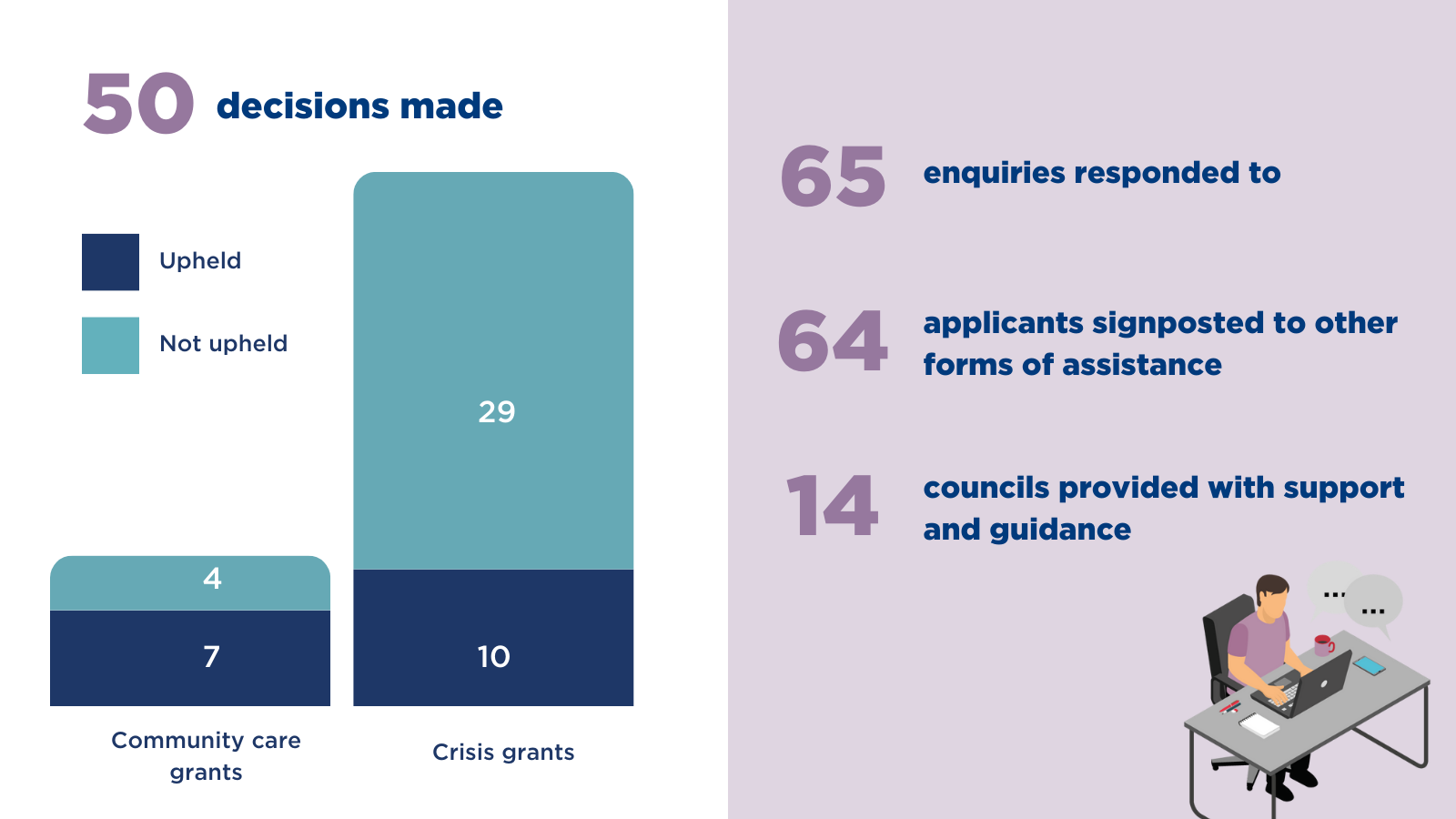Date of article: 04/04/2024
Daily News of: 05/04/2024
Country:  United Kingdom
- England
United Kingdom
- England
Author: Local Government Ombudsmen for England
Article language: en
Essex County Council has agreed to review why previously agreed changes to its alternative education provision, for children who are unable to attend school, have not improved the service for all children who need help.
The Local Government and Social Care Ombudsman has asked the council to conduct the review after it found faults following a recent complaint that should not have occurred, had the council’s previously agreed improvements worked.
In the recent case, a young girl with significant educational needs was not provided with appropriate alternative education for some months when she was unable to attend school for medical reasons.
Instead of the council taking the lead to provide support, it passed the buck to the neighbouring council area where she attended school. Essex County Council should have taken responsibility for arranging alternative provision because the girl lived in its area.
The Ombudsman’s investigation also criticised the lack of cooperation between two of the council’s teams when deciding about educational support. This process took longer than it should because the team responsible for education welfare waited for a delayed Education, Health and Care (EHC) Plan to be issued before planning for the girl’s alternative provision to be put in place.
Local Government and Social Care Ombudsman, Ms Amerdeep Somal said:
“The council’s lack of action in this case is likely to have had a significant effect on this young girl’s academic and personal development. Her mother tells us this has impacted on her anxiety and mental health and has led to her not even wanting to leave the house.
“When councils commit to improving their services, they should do so quickly and effectively. I am disappointed to have to report on this case as the recommendations we have made in previous complaints, had they been implemented successfully, should have gone a long way to ensuring this did not happen. What has happened here, is simply not good enough and the young girl has been failed by the council that was responsible for her.
“I have asked the council to conduct a review of why things went wrong here and am pleased the council has accepted my recommendations to do so at the earliest opportunity. This needs to be a priority now.”
The Local Government and Social Care Ombudsman remedies injustice and shares learning from investigations to help improve public, and adult social care, services. In this case the council has agreed to apologise to the family and pay them a combined £3,120 for the lack of provision, injustice and distress caused by the faults identified in the report.
The Ombudsman has the power to make recommendations to improve processes for the wider public. In this case the council will identify a senior officer from another service to review its service improvements around alternative provision. It will also improve communication between the education welfare and special educational needs teams to ensure there are no delays in providing services to children for whom EHC Plans are being issued.
It will also produce an action plan to improve decision making on education for children who are out of school and improve monitoring of part-time timetables.
Article date: 04 April 2024
 United Kingdom
- Scotland
United Kingdom
- Scotland

